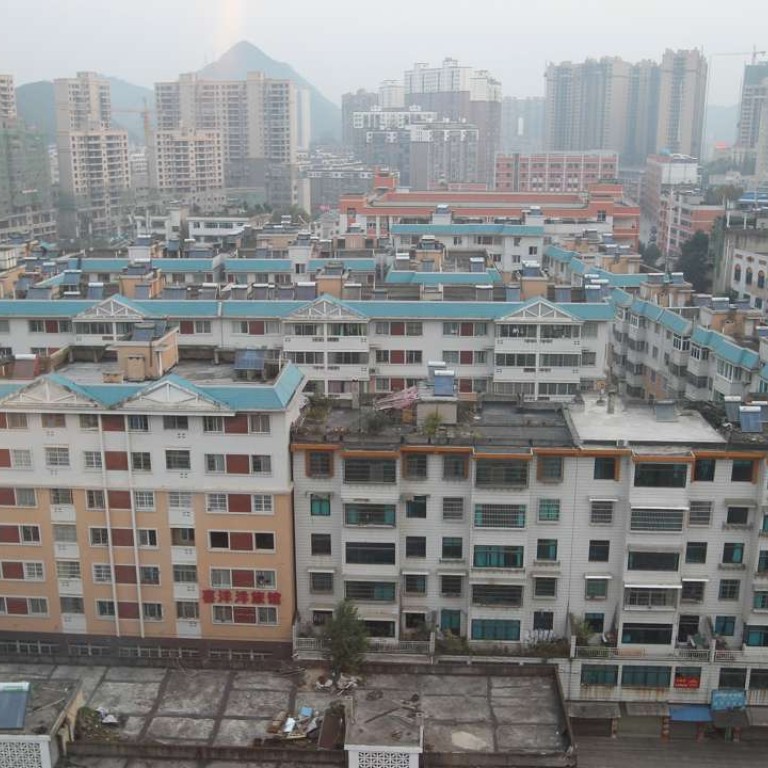
New home prices pick up across China
New home prices across the mainland picked up strongly in March, supported by housing policies from the central government that take into account varying market conditions in different cities.
Prices of new homes in the 100 biggest cities rose an average of 7.41 per cent year on year to 11,303 yuan (HK$13,562) per square metre last month, the eighth straight month of gains and the fastest growth since August, research firm China Real Estate Index System (CREIS) said.
“The central government has actively pushed first- and second-tier cities where prices are growing fast to tighten controls, while encouraging cities with inventory pressure to boost demand,” CREIS said, detailing the varied housing policy.
Month on month, prices in March rose 1.9 per cent, faster than the 0.6 per cent gain in February. Sixty cities saw prices rise from the previous month, compared with 61 in February.
The property market has seen a strong rebound in March, with faster price increases in hot cities like Shenzhen, Shanghai and Suzhou due to shortage of supply
Shenzhen remained the most expensive city nationwide, with average new home prices skyrocketing 57 per cent year on year to a record 48,963 yuan per square metre. Shanghai was the second priciest, surging 20 per cent to 39,035 yuan per square metre. Beijing rose 10 per cent.
Cities close to Shenzhen and Shanghai have also seen quick growth. Dongguan prices surged 6.72 per cent on month, followed by the eastern cities of Huizhou and Suzhou. Both Shanghai and Shenzhen rolled out new tightening policies last Friday, including raising down payment requirements for second-home mortgages as well as thresholds for buying by non-residents.
“We expect further policy tightening in cities with strong sales growth, which, combined with the previously announced measures, will likely constrain the growth of contracted sales and property prices in the next six to 12 months,” said Kaven Tsang, a Moody’s vice president and senior credit officer.
Second-tier cities including Wuhan, Nanjing and Suzhou also announced tighter policies last month, while some analysts see changes to policy in Beijing and a satellite city Langfang soon.
Guo Yi, marketing head at Yahao Real Estate Selling & Consulting Solution Agency, said Beijing’s market had been stable compared to Shanghai and Shenzhen and city authorities ere more likely to fine-tune rather than tighten.
“While transactions might decline in first-tier cities, soaring prices are hard to change as developers’ land costs have surged in last two years,” Guo said.
A separate survey by Real Estate Information Corporation showed primary prices in 288 mainland cities rose 5.56 per cent on average in March from a year earlier, up 1.15 per cent month on month, the eleventh straight month of increases. Most cities continued to ease policies to stimulate demand and reduce the amount of unsold property.

